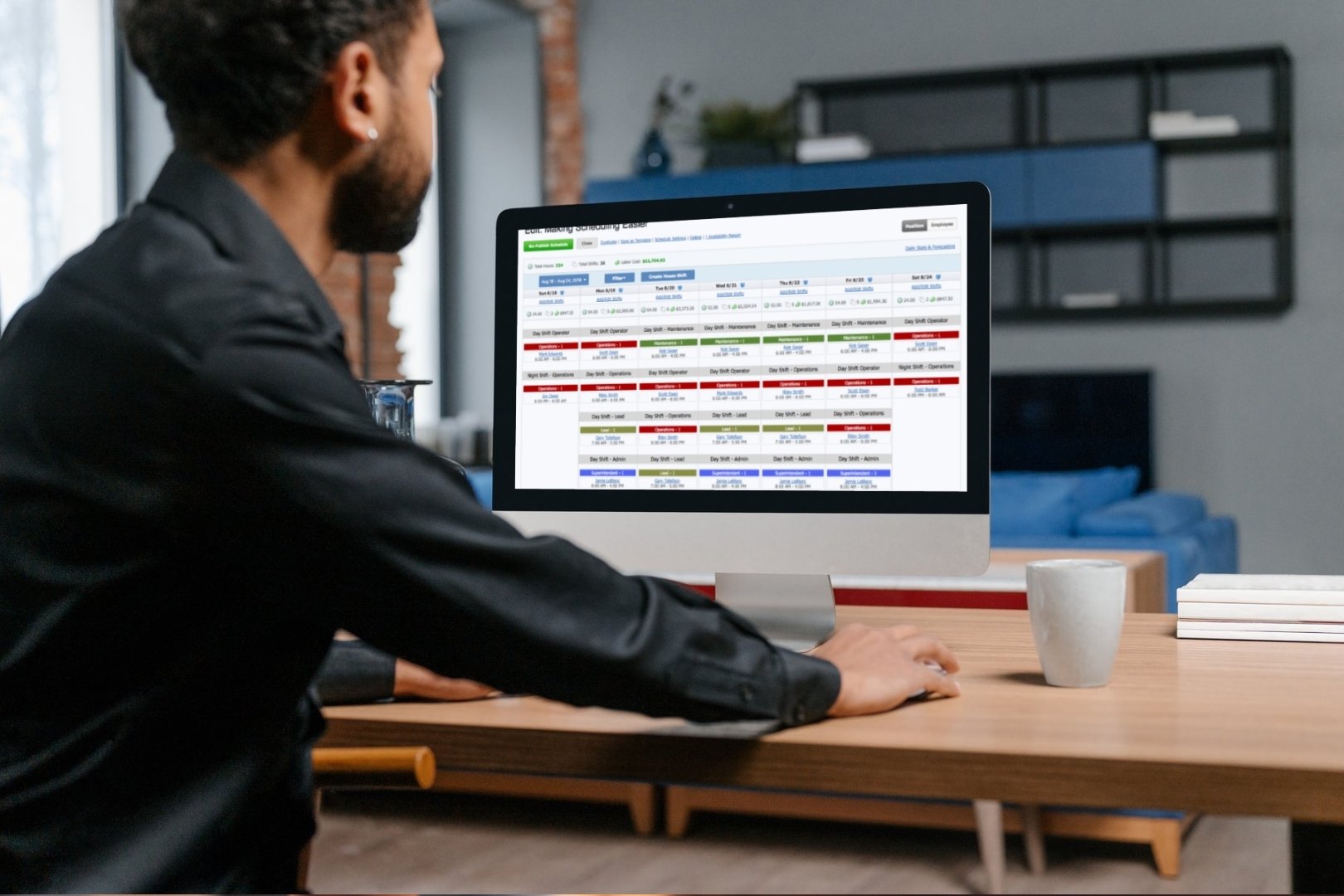Grow from Within: How to Promote the Right People
Promoting from within is one of the smartest moves a manager can make. It rewards hard work, strengthens team loyalty, and creates a culture where employees can see a future for themselves. For restaurants, hotels, and other shift-based businesses, internal promotions can be the difference between constant turnover and a thriving, stable team.










